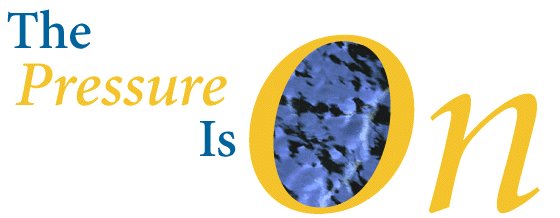"If you can differentiate a dead chicken, you can differentiate anything," said Frank Perdue.
Differentiation takes some thinking. Nothing comes easy except for not thinking.
Sure, the marketplace is tough. There are more competitors than ever before. Our products, services and ultimately the final solution proposed to the client, all look alike. Or do they?
Your products, services, and solutions only look alike if you do not know what the client wants and why they want it. And your solutions only look alike if you don't know how to align the advantages your "solution" to what the client wants and address the client's critical issues. Understanding why a client wants a particular solution is important to defining your solution and finding points of differentiation.
Looking back at your current clients and understanding why they bought from you and your firm is another critical and required step. You can also learn a lot by understand why your competition beat you. Looking back over your company's past wins and losses, and applying those insights against what this new client wants can give you something your new prospective client does not have: insight. This insight is valuable, but only if you can frame it in such a manner that your new prospective client not only understands intellectually, but also appreciates the value of your insight. Insight must have some significance to the person(s) to whom you are talking to.
Frank Perdue understood this. And he understood this from a mass market appeal. If he could understand this, so too can you. Not because you are smarter than old Frank was, but because Frank had a much tougher product to differentiate to the average consumer who usually bought chicken "on sale" or bought the lowest price per pound. After all, what's the difference between two dead chickens? Now that's a hard question to answer.
Your product, services and solution has multiple points of differentiation. Frank had to stretch to find his. How could he possibly differentiate a dead chicken from another brand lying right next to his in the supermarket?
Still not feeling great about differentiation?
Maybe you ought to thank God you don't sell water.
Differentiation takes some thinking. Nothing comes easy except for not thinking.
Sure, the marketplace is tough. There are more competitors than ever before. Our products, services and ultimately the final solution proposed to the client, all look alike. Or do they?
Your products, services, and solutions only look alike if you do not know what the client wants and why they want it. And your solutions only look alike if you don't know how to align the advantages your "solution" to what the client wants and address the client's critical issues. Understanding why a client wants a particular solution is important to defining your solution and finding points of differentiation.
Looking back at your current clients and understanding why they bought from you and your firm is another critical and required step. You can also learn a lot by understand why your competition beat you. Looking back over your company's past wins and losses, and applying those insights against what this new client wants can give you something your new prospective client does not have: insight. This insight is valuable, but only if you can frame it in such a manner that your new prospective client not only understands intellectually, but also appreciates the value of your insight. Insight must have some significance to the person(s) to whom you are talking to.
Frank Perdue understood this. And he understood this from a mass market appeal. If he could understand this, so too can you. Not because you are smarter than old Frank was, but because Frank had a much tougher product to differentiate to the average consumer who usually bought chicken "on sale" or bought the lowest price per pound. After all, what's the difference between two dead chickens? Now that's a hard question to answer.
Your product, services and solution has multiple points of differentiation. Frank had to stretch to find his. How could he possibly differentiate a dead chicken from another brand lying right next to his in the supermarket?
Still not feeling great about differentiation?
Maybe you ought to thank God you don't sell water.














